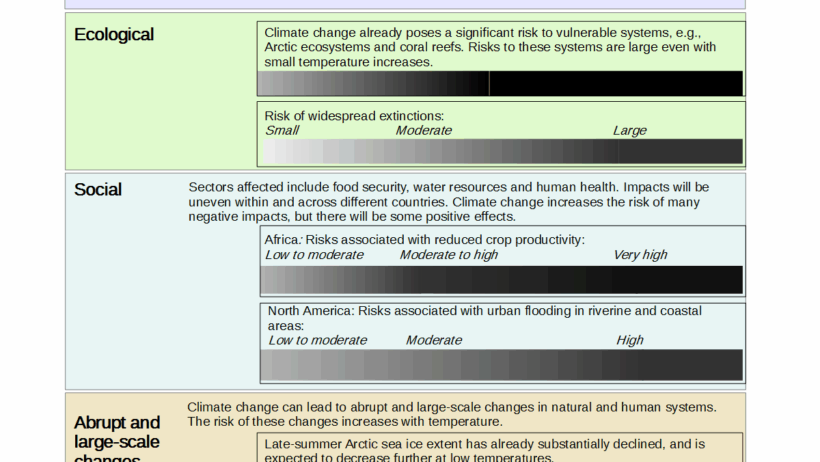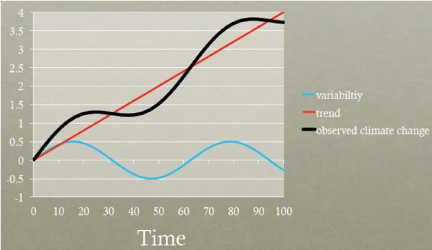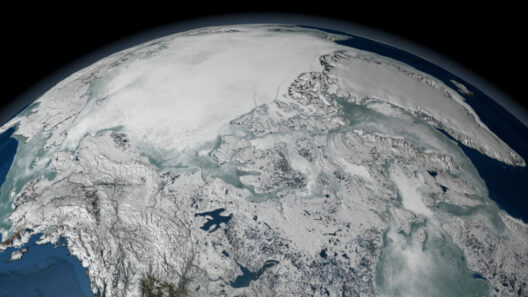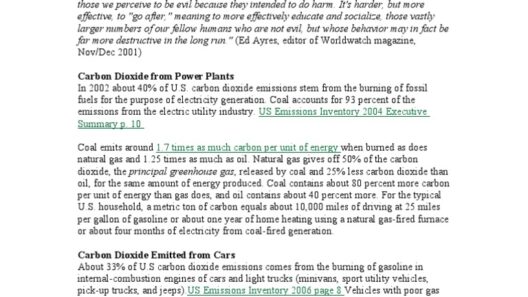The narrative of global warming unfolds like a persistent whisper, echoing through the corridors of nature and human existence alike. It beckons us to step into a world where the equilibrium of our planet is tipping precariously, leading to far-reaching repercussions. The effects of global warming are not merely environmental but stretch their tendrils into every facet of human life, dictating the way we live, interact, and ultimately, survive. This exploration seeks to delve into the multifaceted impacts of climate change on humanity, unraveling the tapestry of challenges we now face.
As we traverse this narrative, we find ourselves at the intersection of weather patterns and human health, a realm where the thermostat of our planet bleeds into the thermometer of our well-being.
The Ripple of Extreme Weather
Picture a world where the capricious nature of weather morphs into a relentless adversary. The once predictable patterns are now chaotic, with hurricanes roiling the oceans and droughts parching the earth. The frequency and intensity of extreme weather events have skyrocketed, carving a path of destruction. Communities are uprooted, economies destabilized, and lives lost in the realm of nature’s wrath.
In urban landscapes, the repercussions are especially stark. Heatwaves are no longer mere inconveniences; they have become existential threats, leading to an increase in heat-related illnesses and mortalities. Vulnerable populations, including the elderly and those with pre-existing health conditions, are disproportionately affected. Hospitals struggle under the surge of patients while emergency services scramble to respond to emergencies that were once rare.
Flooding, too, casts a long shadow over cities, as torrential rains inundate streets and homes. The deluge not only causes immediate destruction but has serious long-term implications for mental health. The trauma of loss, both material and emotional, reverberates through affected communities, leaving individuals grappling with anxiety, depression, and uncertainty about the future.
The Health Dichotomy: A Fragile Balance
The interplay between global warming and public health is akin to a double-edged sword, with one side revealing a spectrum of diseases and the other a paradox of afflicting resilience. As climates warm, we witness an alarming expansion of vector-borne diseases. Mosquitoes, the harbingers of ailments like malaria and dengue fever, find new territories to infiltrate, endangering populations that previously enjoyed safety from such threats.
With rising temperatures, air quality, too, falls victim to climate change. The exacerbation of pollution levels, leading to respiratory ailments, has become an alarming reality in many cities. Respiratory diseases are no longer just a risk; they have morphed into an epidemic fueled by climate change. Our lungs, the very essence of life, are now under siege, illustrating a grim reality where clean air becomes a rare commodity.
Moreover, the trauma inflicted by climate-related disasters leaves an indelible mark on mental health. Individuals uprooted from their homes face a daunting battle against post-traumatic stress disorder (PTSD), anxiety, and depression. The emotional scars of losing homes and loved ones transcend time, creating a pervasive sense of hopelessness in communities grappling with the aftermath.
The Economic Quagmire: A Delicate Dance
Global warming does not merely skim the surface; it dives deep into the economic fabric of societies. The agricultural sector, the backbone of food security, finds itself in a precarious position as shifting climate patterns challenge traditional farming practices. Crop yields fluctuate unpredictably, leading to food scarcity and soaring prices. The hunger crisis becomes not merely a collateral damage of climate change, but a catalyst for social upheaval, as desperate communities clash over increasingly scarce resources.
Moreover, the fallout from climate change poses a pronounced risk to global economies. The financial implication of climate-related disasters stretches beyond immediate damages; it reverberates through insurance markets, commodity prices, and labor productivity. Nations are faced with an uphill struggle as they invest exorbitantly in disaster response rather than long-term development, pulling resources from other crucial areas like education and healthcare.
The migration phenomenon, driven by climate change, emerges as yet another economic challenge. Displacement fosters a sense of social discord, breeding tensions as populations move en masse in search of safer havens. The influx of climate refugees can strain public services in host regions, leading to a precarious balance between compassion and resource allocation.
The Course Forward: A Call to Action
Faced with the impending reality of global warming, it’s imperative we cultivate a sense of collective responsibility. The pathway ahead demands innovative solutions that transcend traditional paradigms. Transitioning to renewable energy sources is not merely an option; it is an existential necessity. By harnessing the power of wind, solar, and hydro energy, we can staunch the flow of carbon emissions and mitigate the harshest effects of climate change.
Furthermore, investment in infrastructure that is resilient to climate change is crucial. Creating sustainable urban spaces that integrate green technologies not only improves livability but fortifies communities against climate impacts.
On a micro-level, individuals can enact meaningful change through measured lifestyle choices. Awareness about consumption patterns and endorsing sustainable practices can contribute to a larger movement, ultimately shaping policies that prioritize ecological balance.
In conclusion, the intricate web of global warming envelops humanity in its merciless embrace, urging us to confront the myriad of direct effects on our lives. Extreme weather events, health ramifications, and economic challenges coalesce into a clarion call for action. While the shadows of climate change loom large, it is within our capabilities to rewrite this narrative, transforming despair into hope. The story of humanity’s fight against global warming is still being penned, and it is our collective responsibility to ensure a resilient and thriving future for generations to come.







